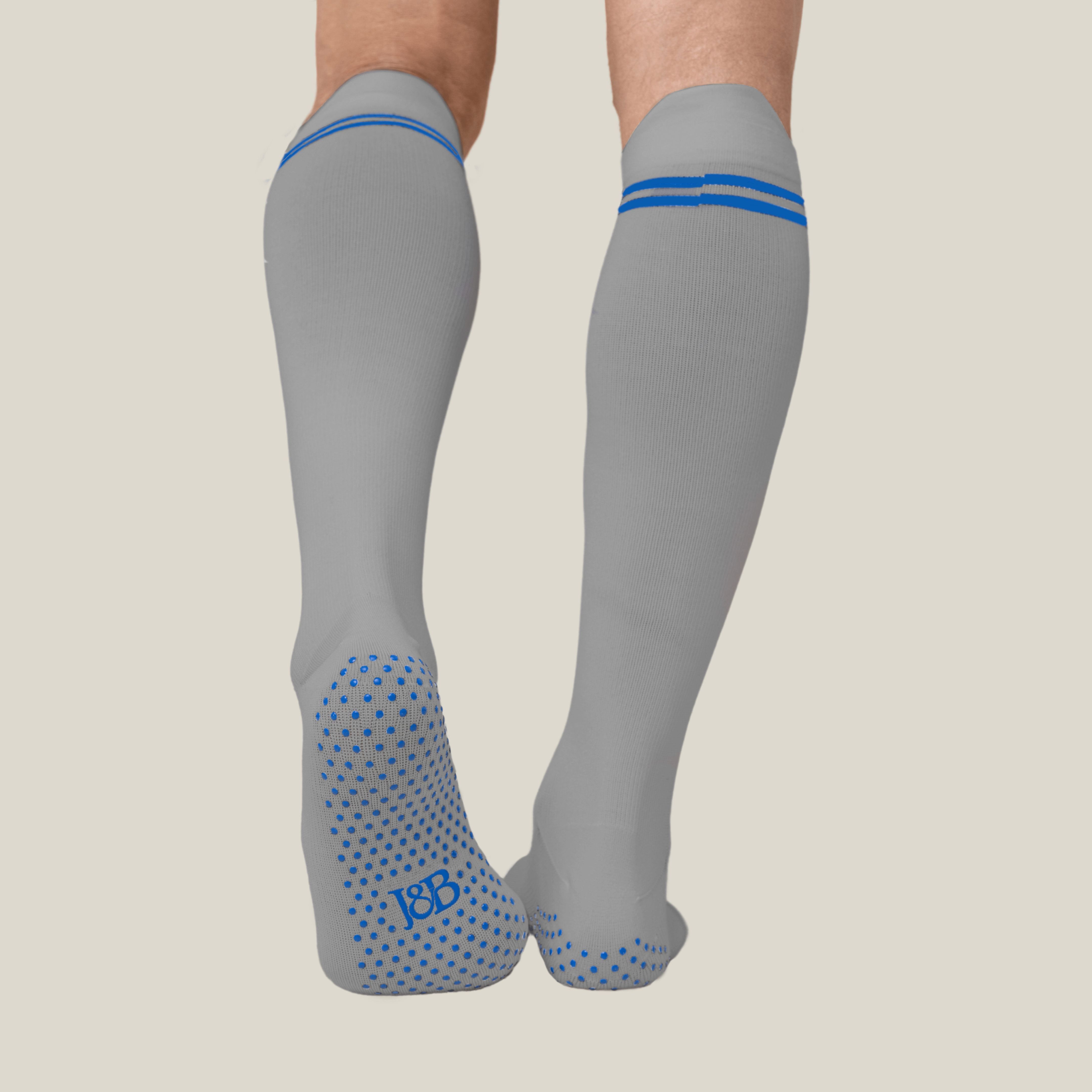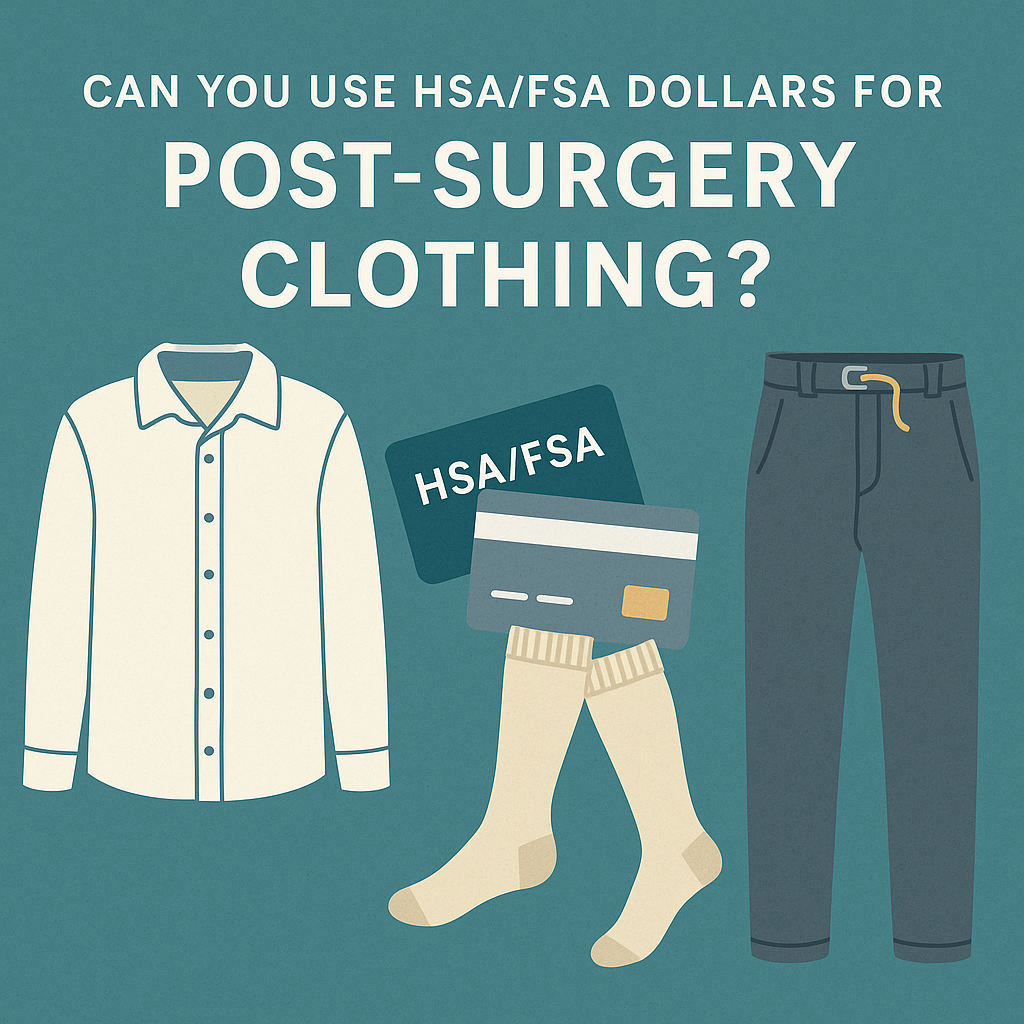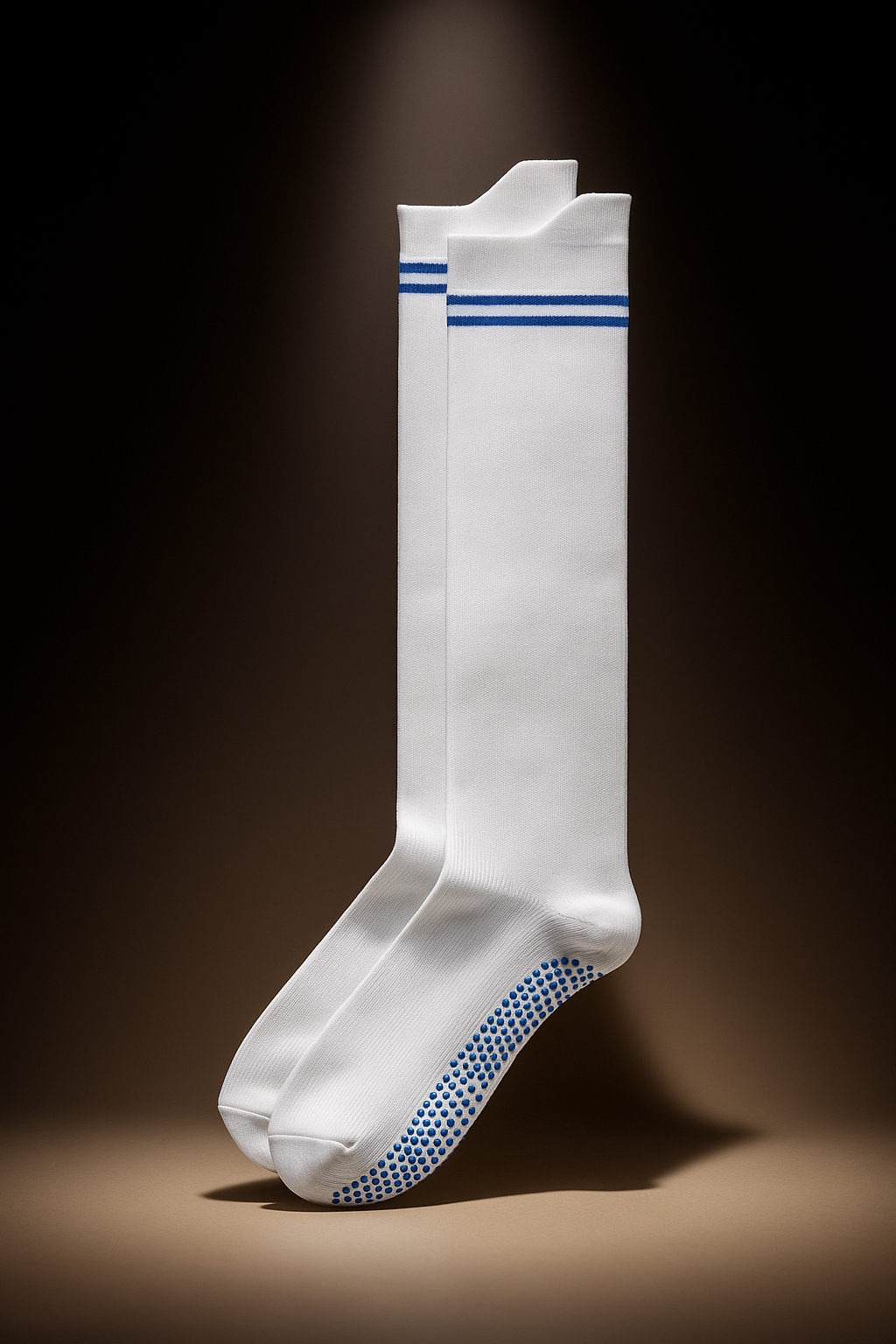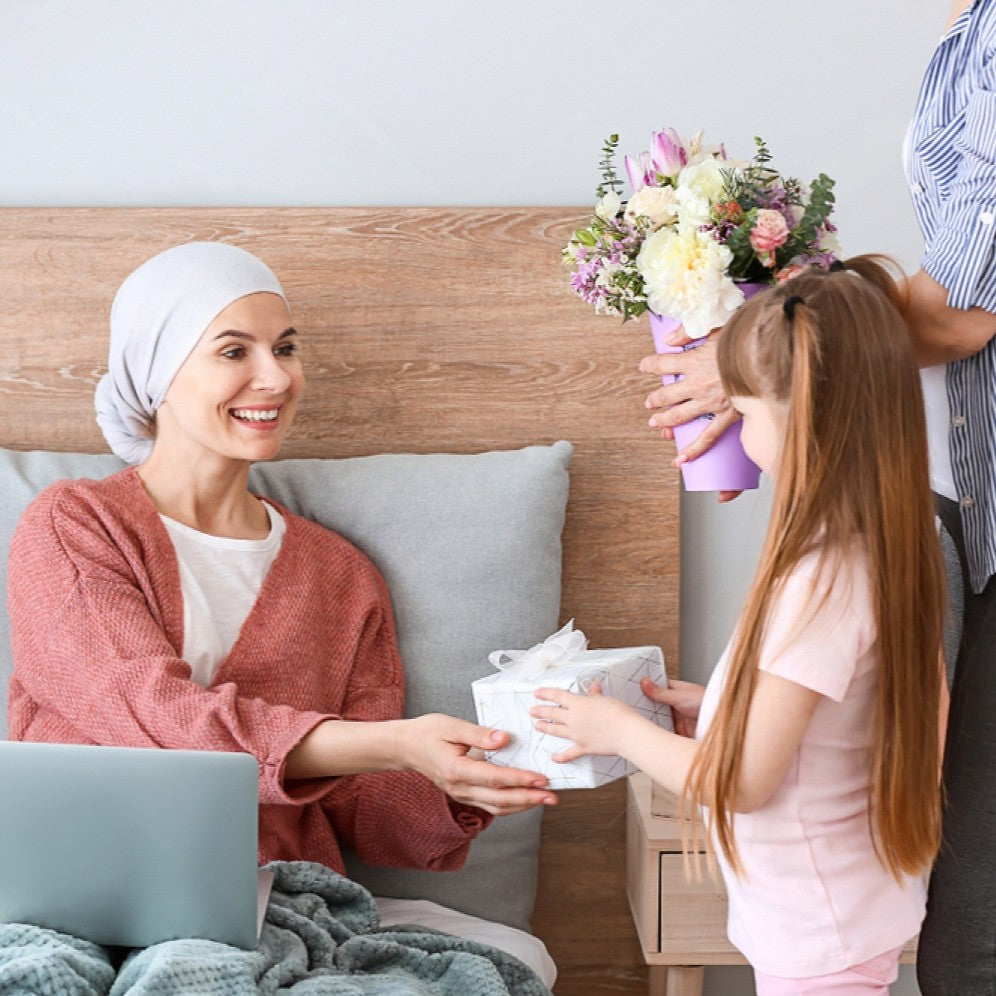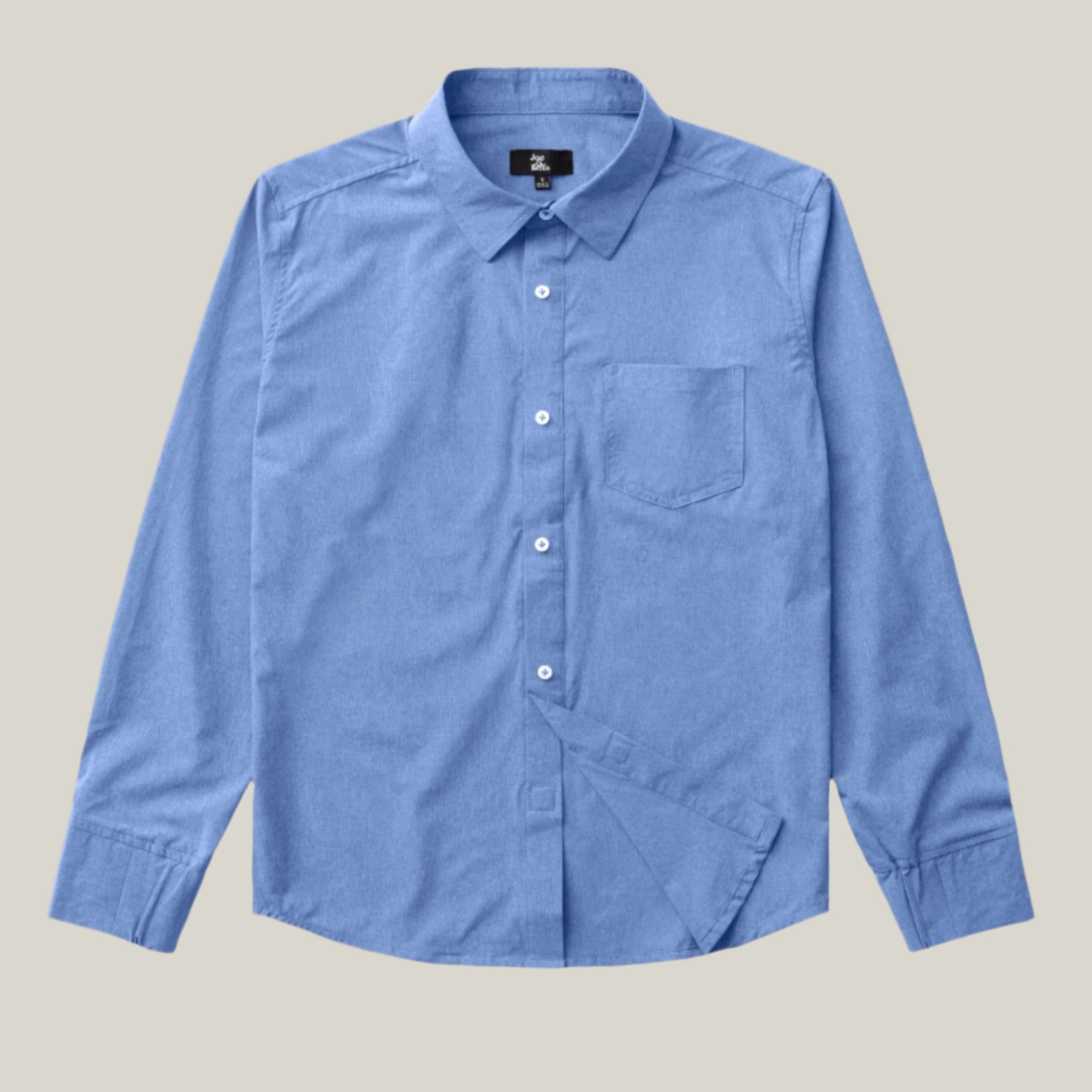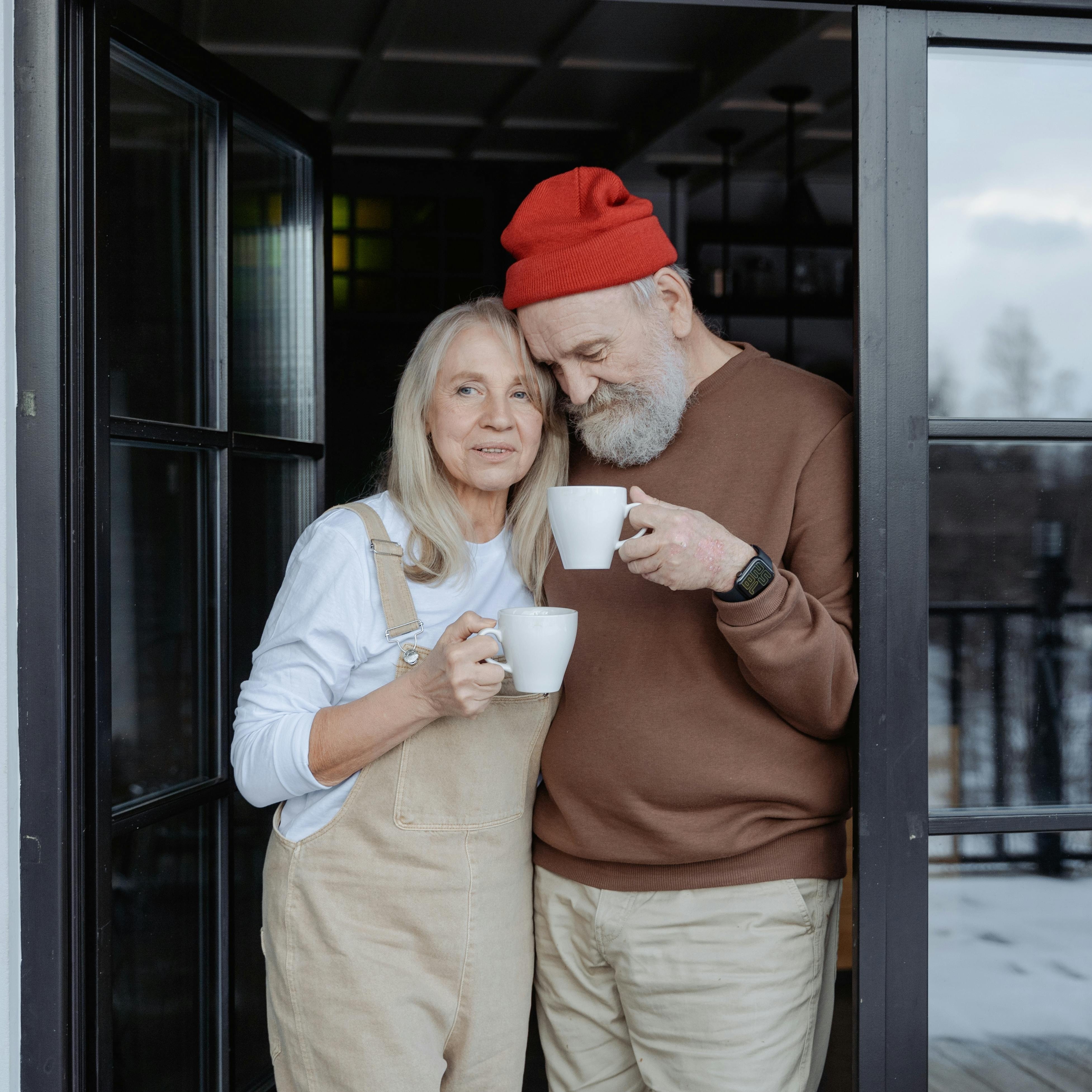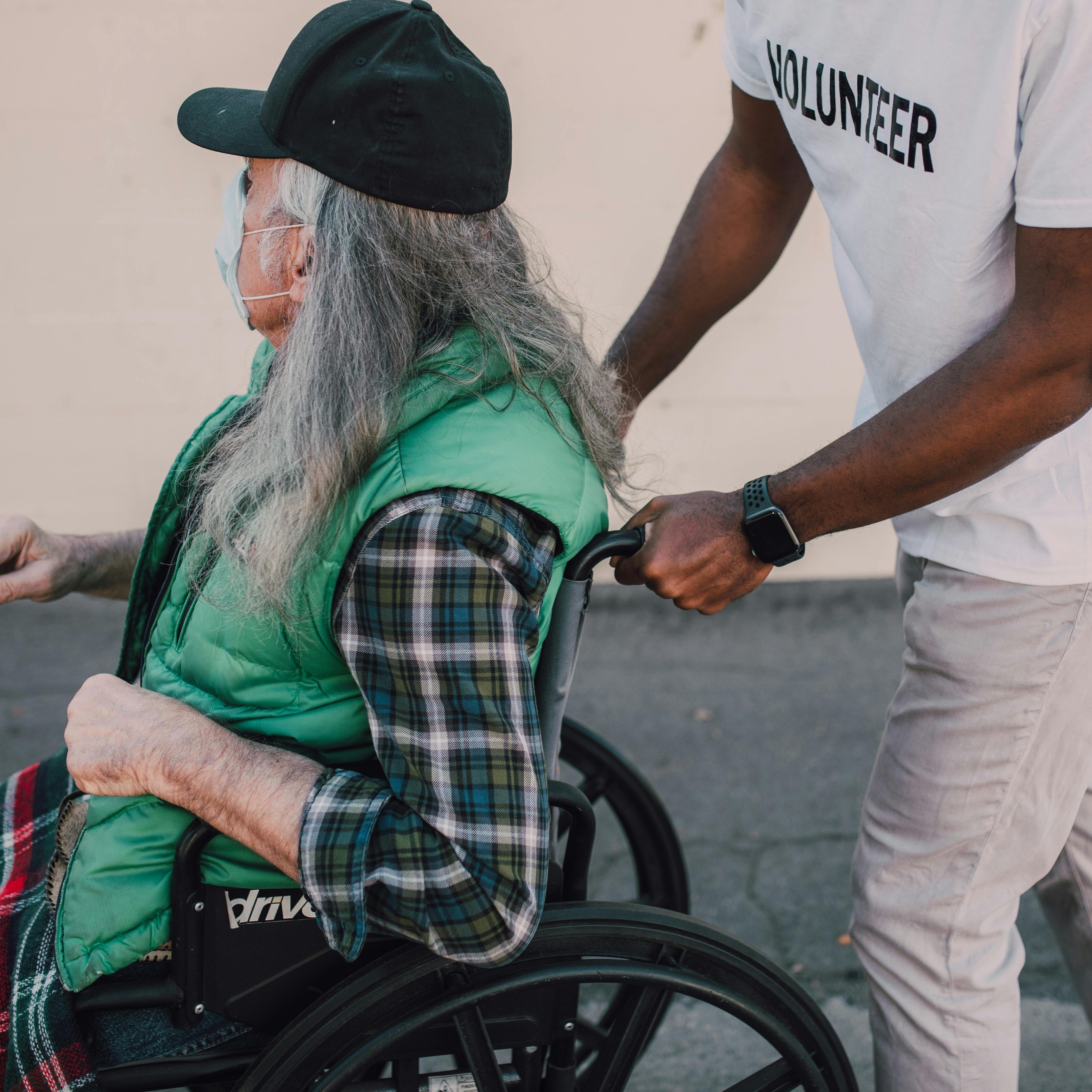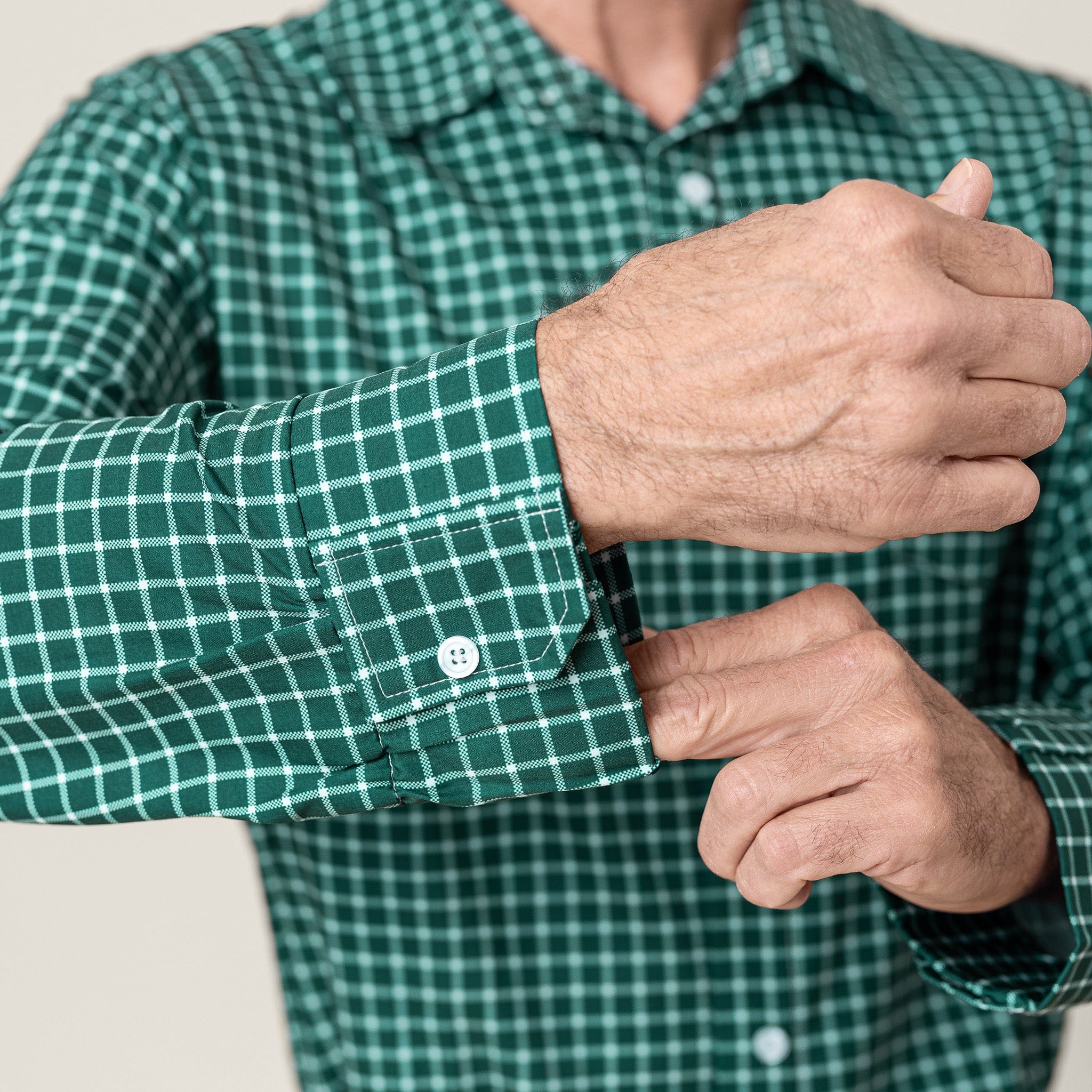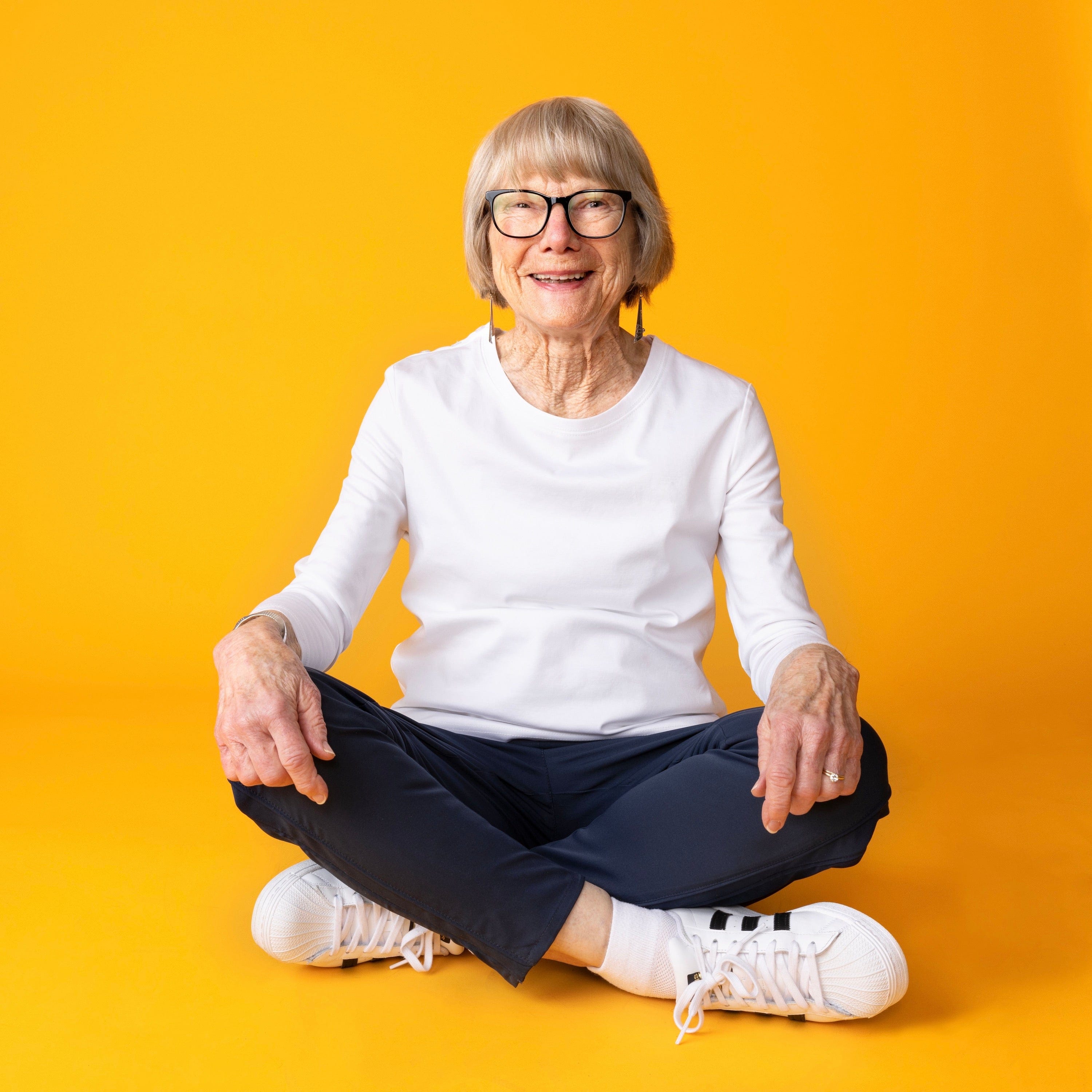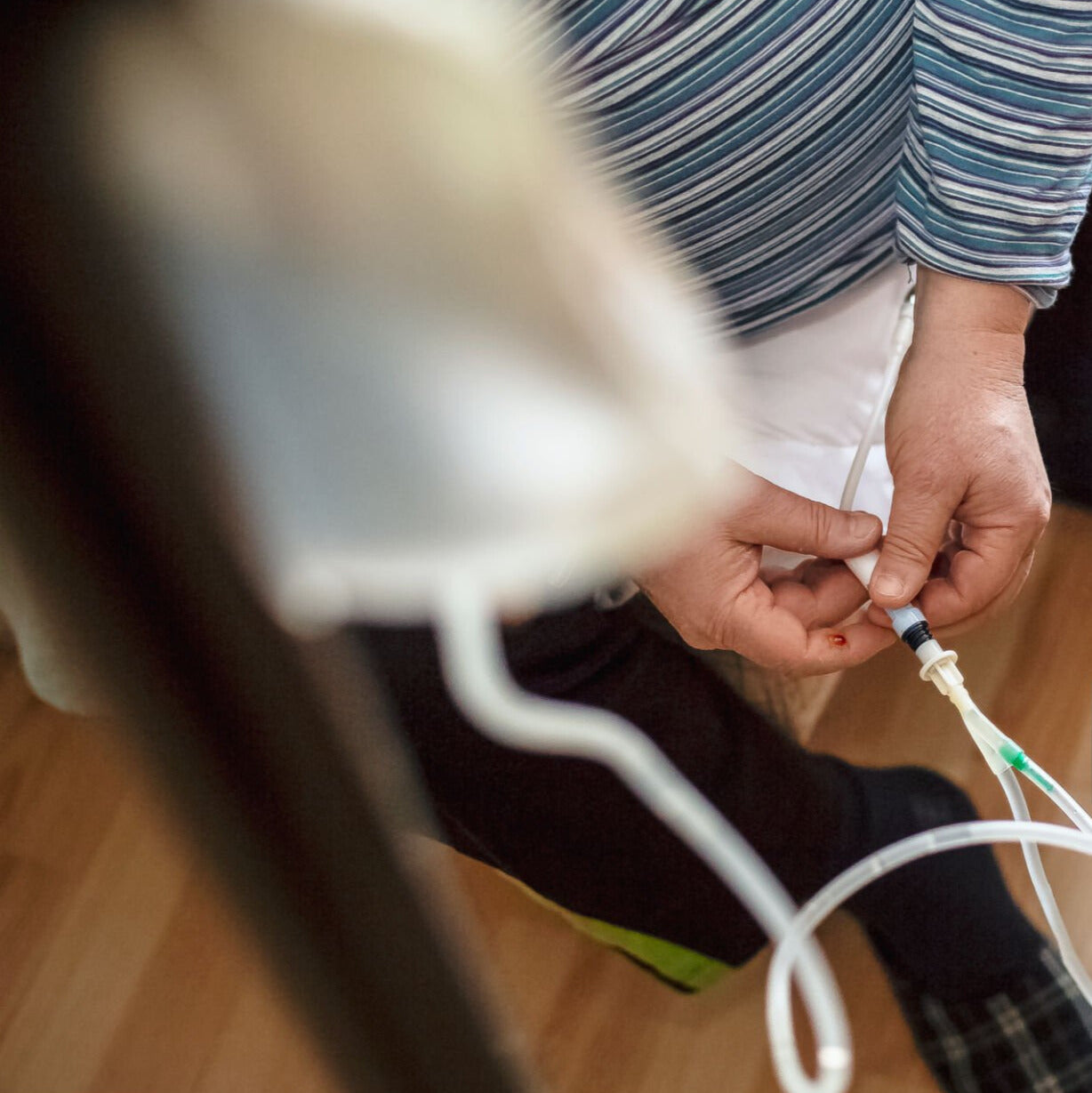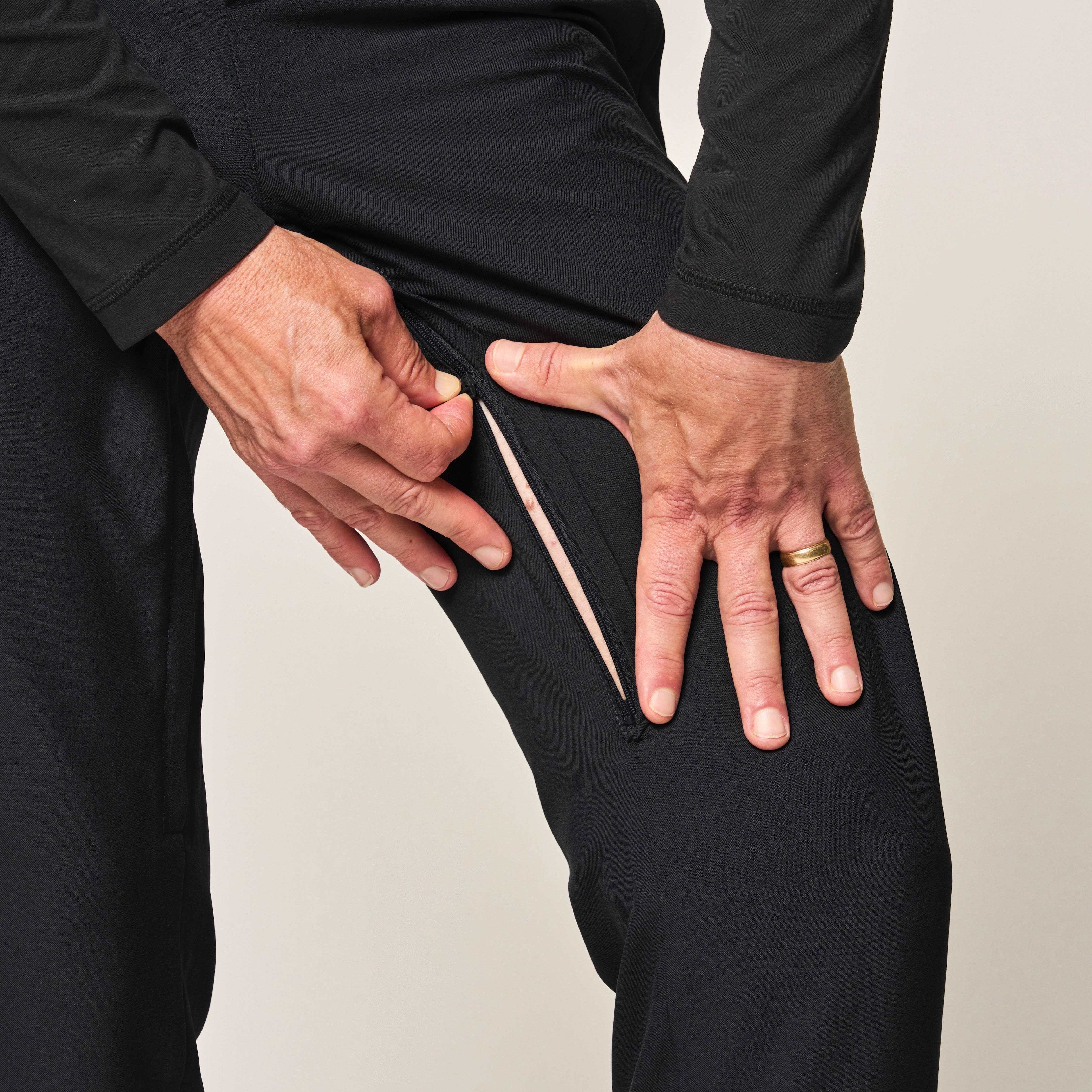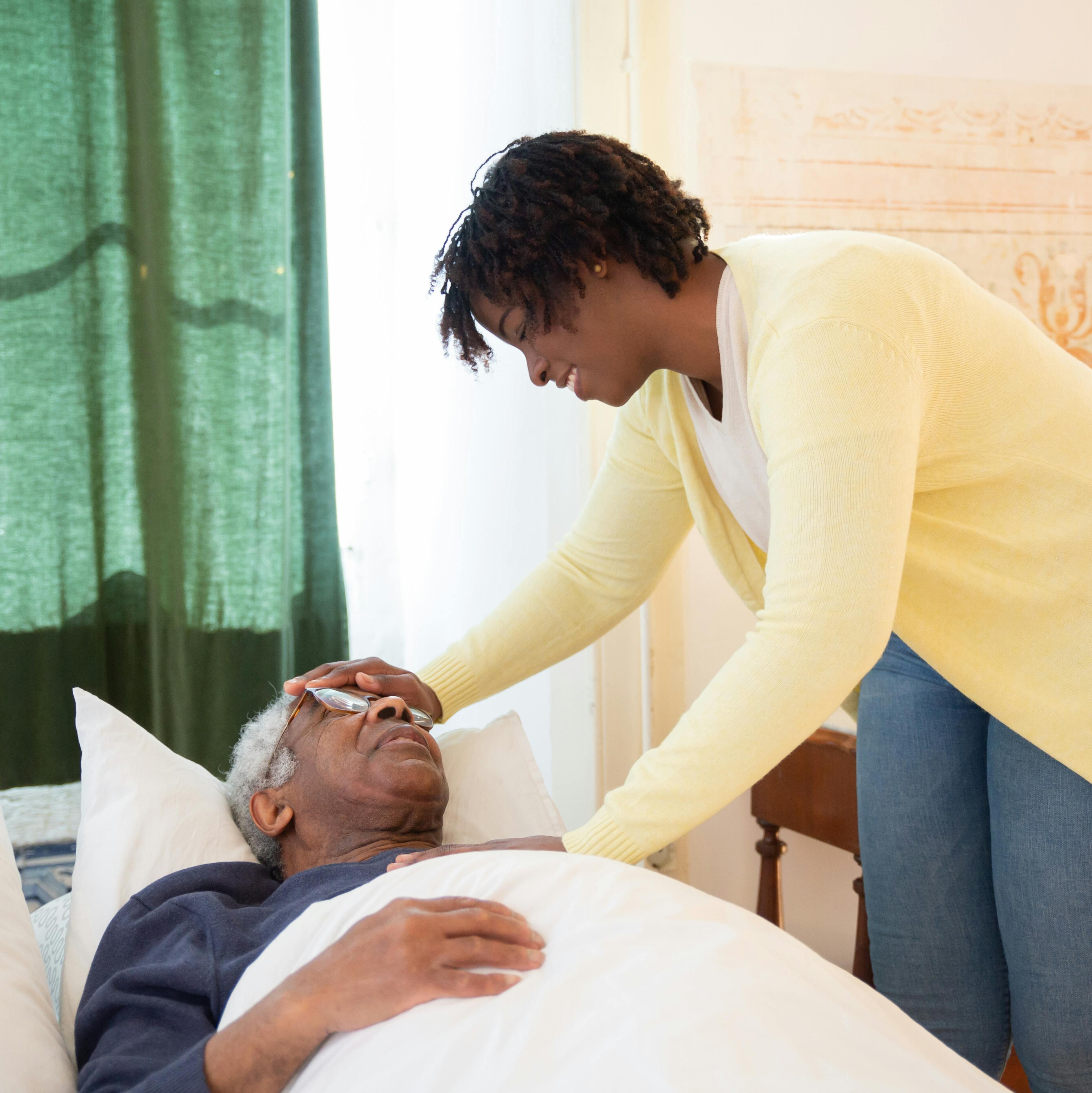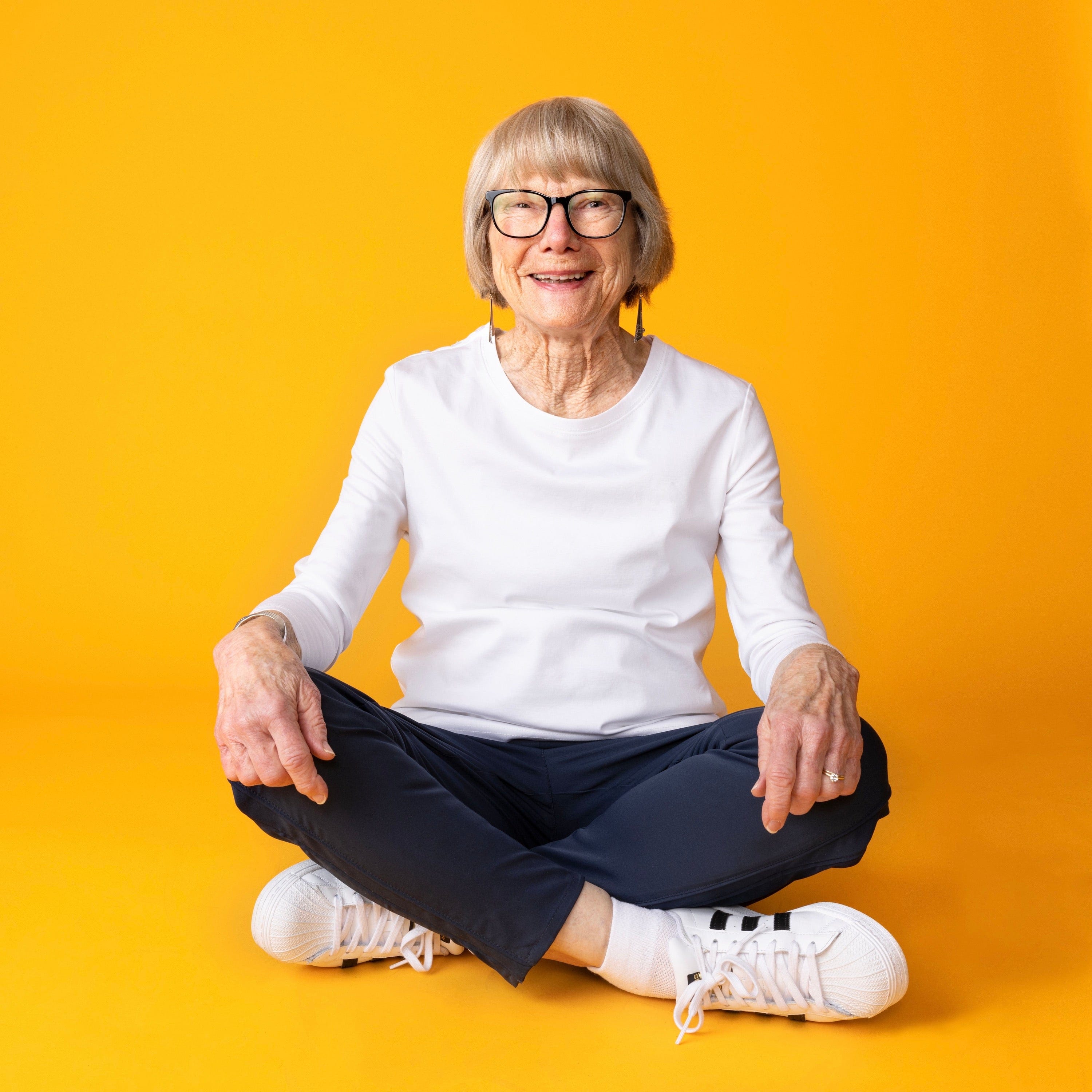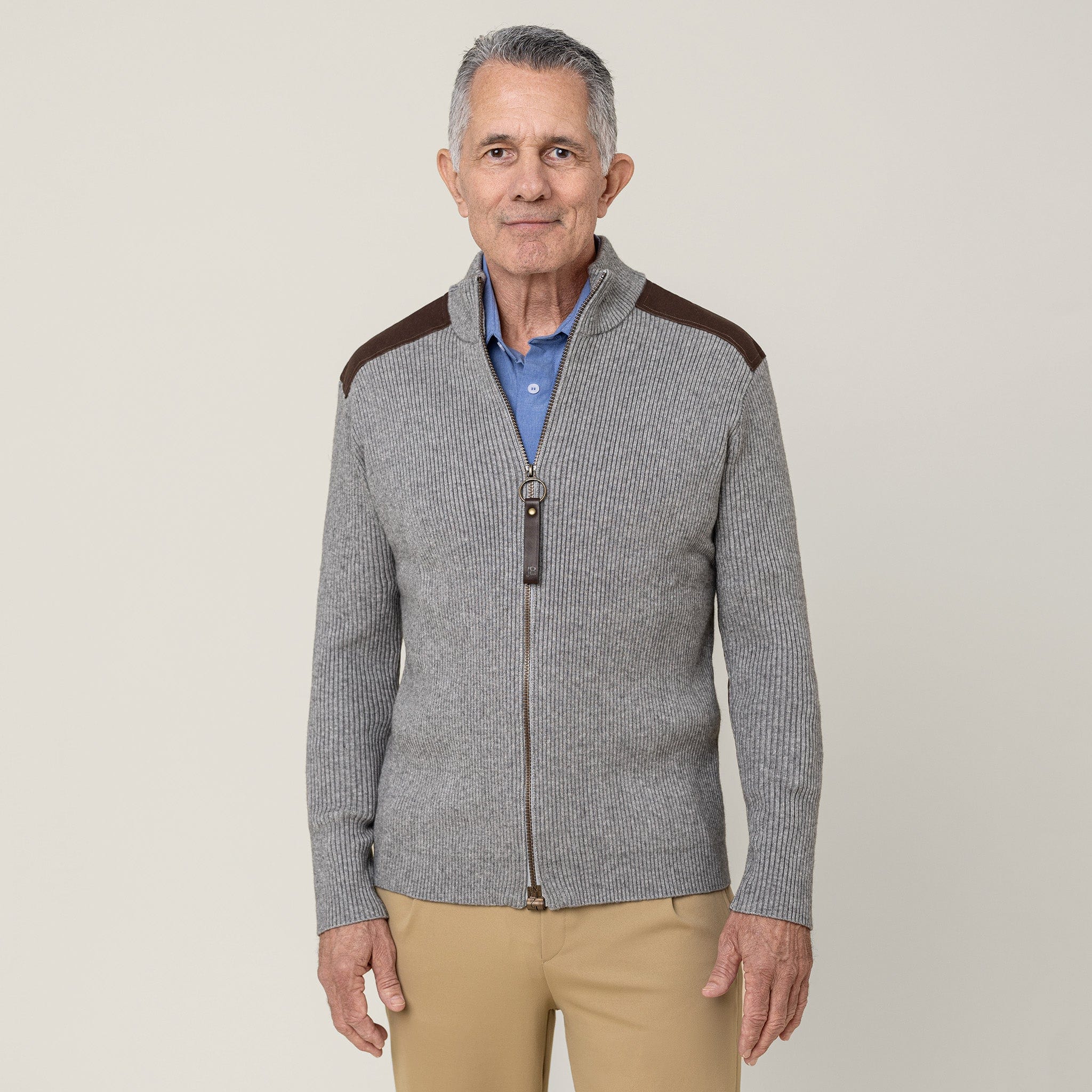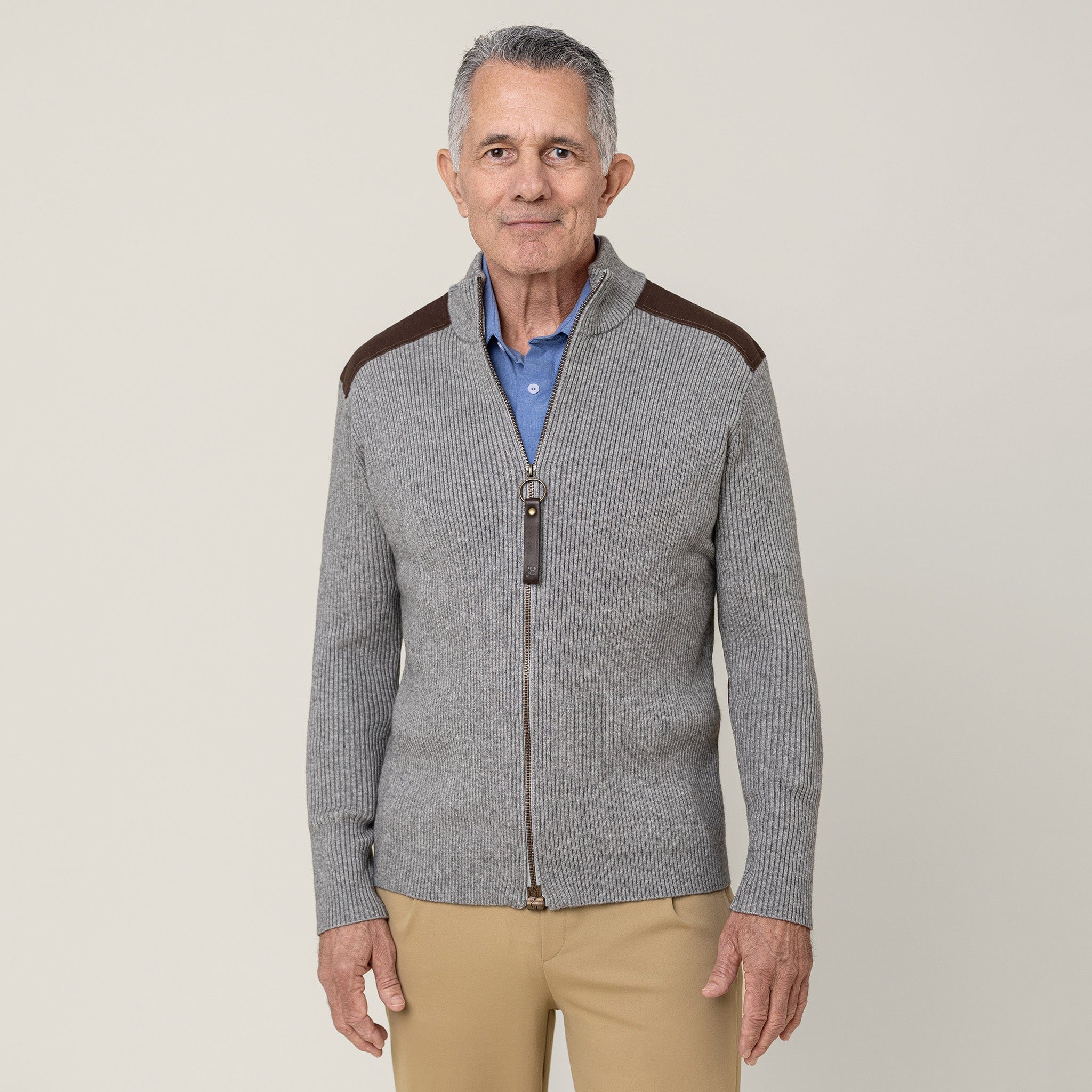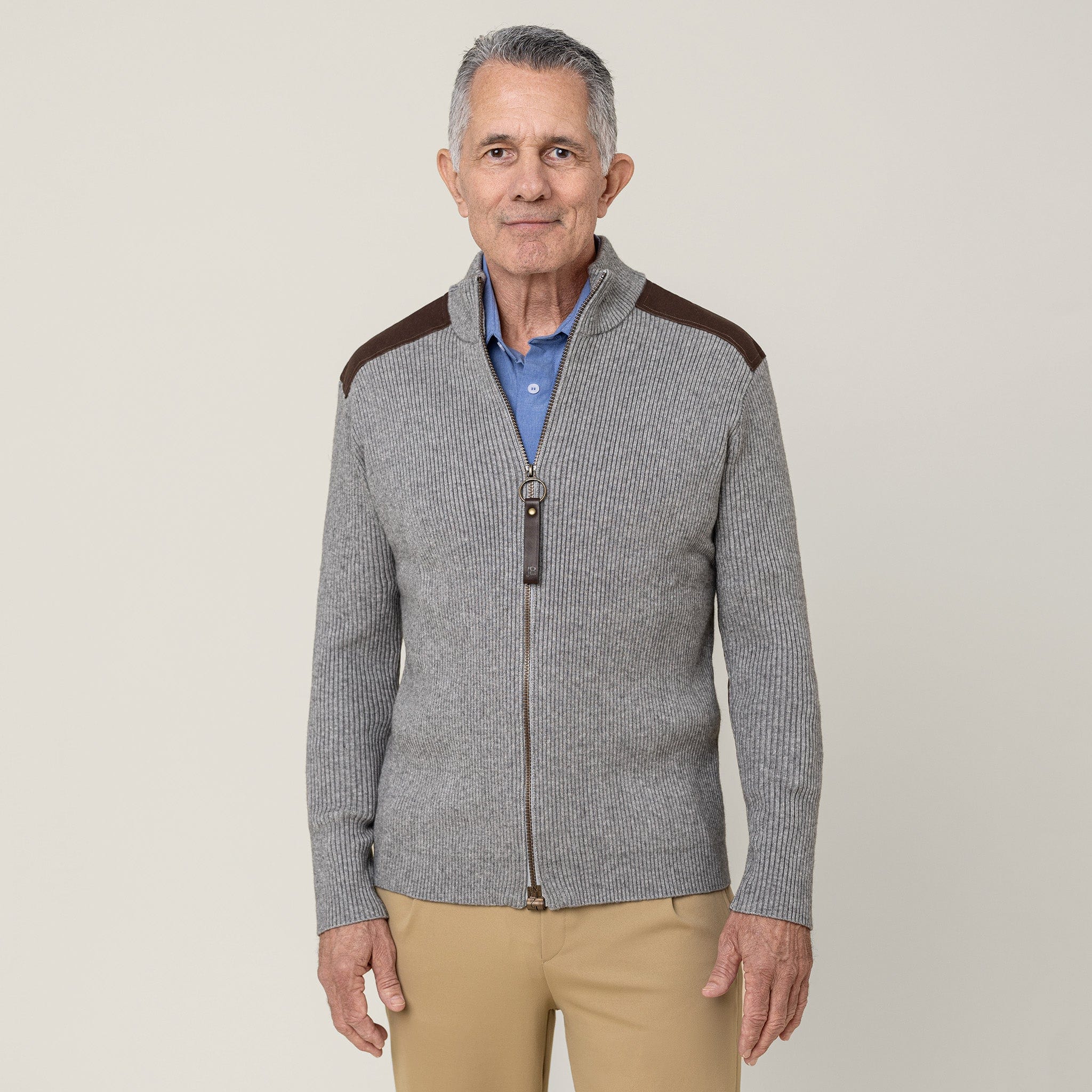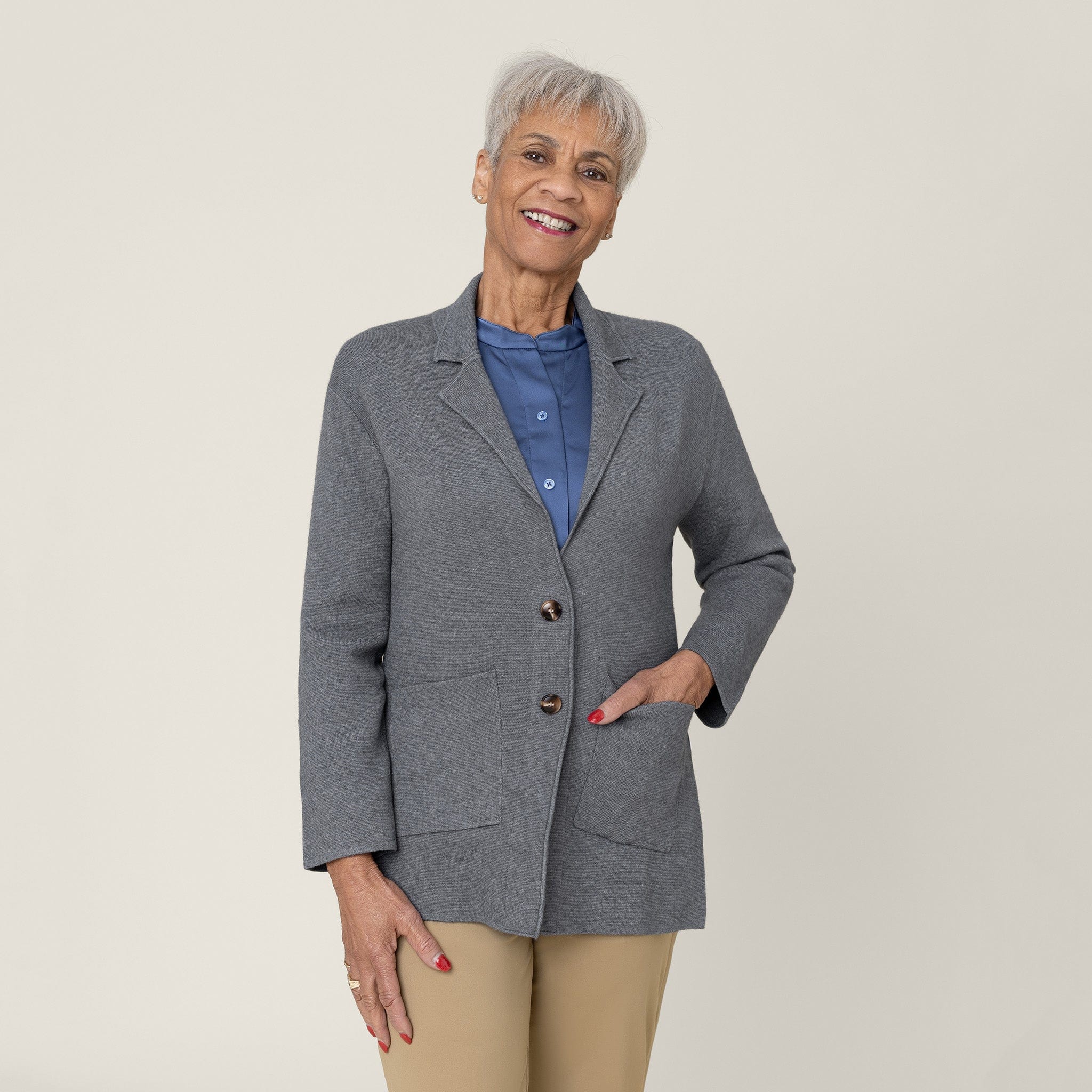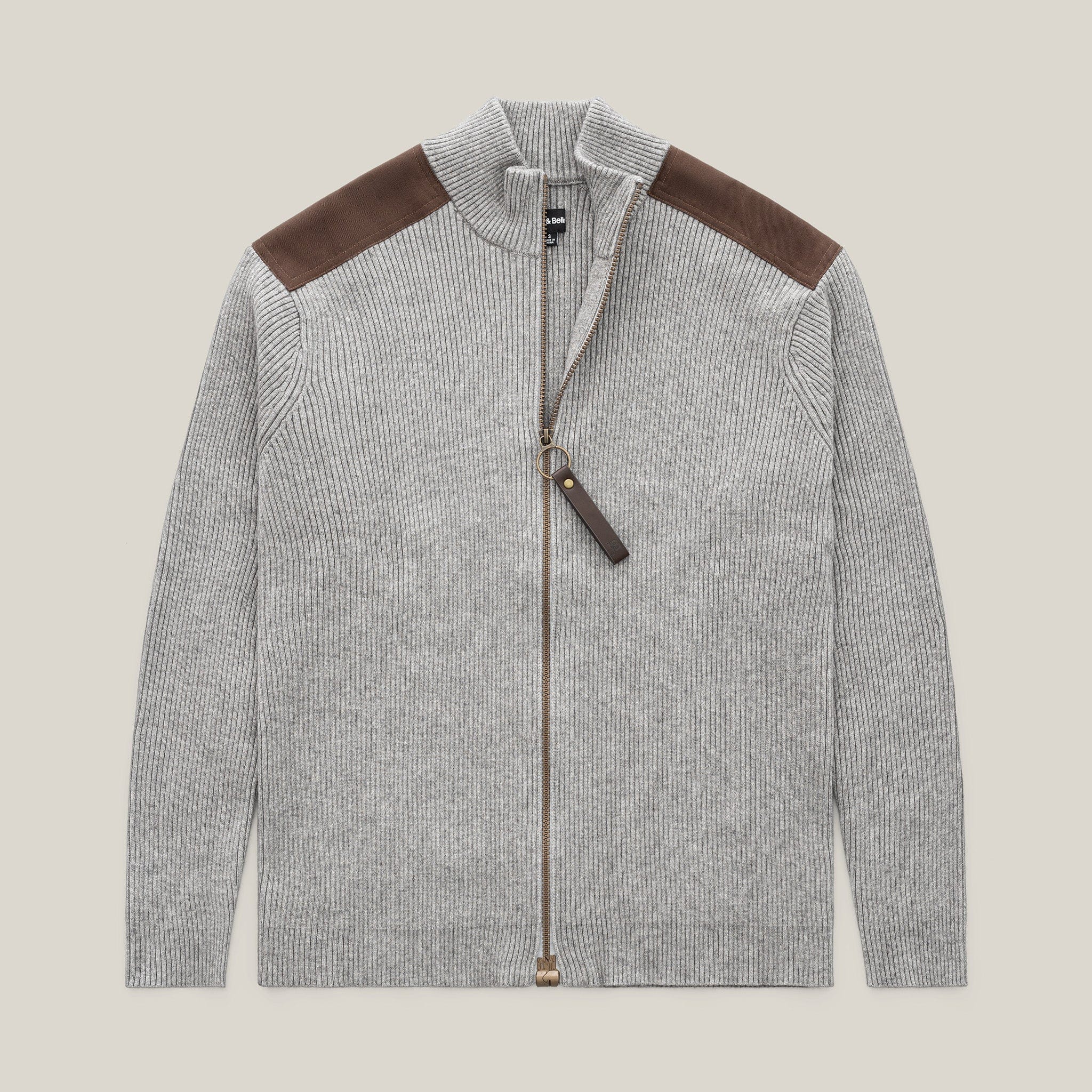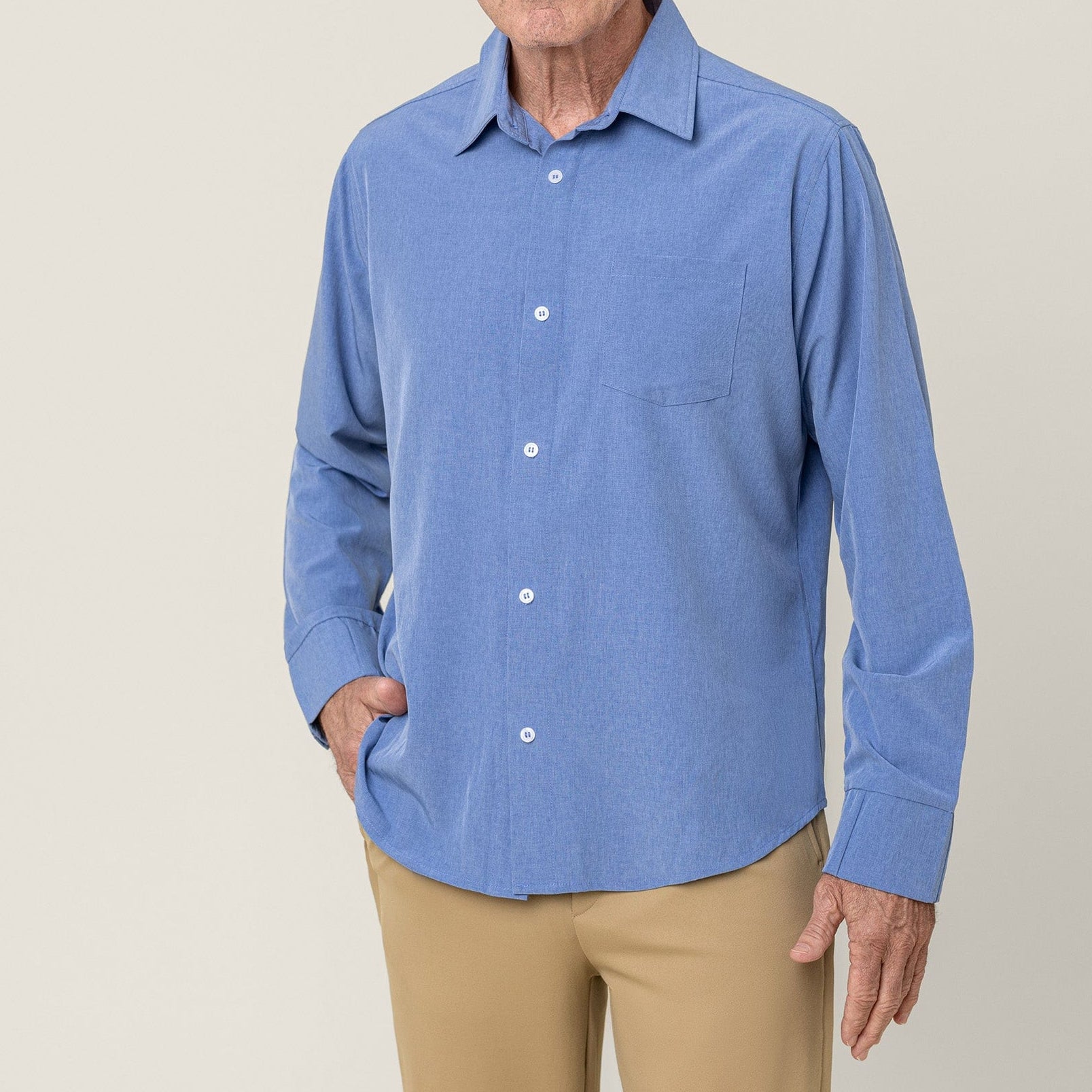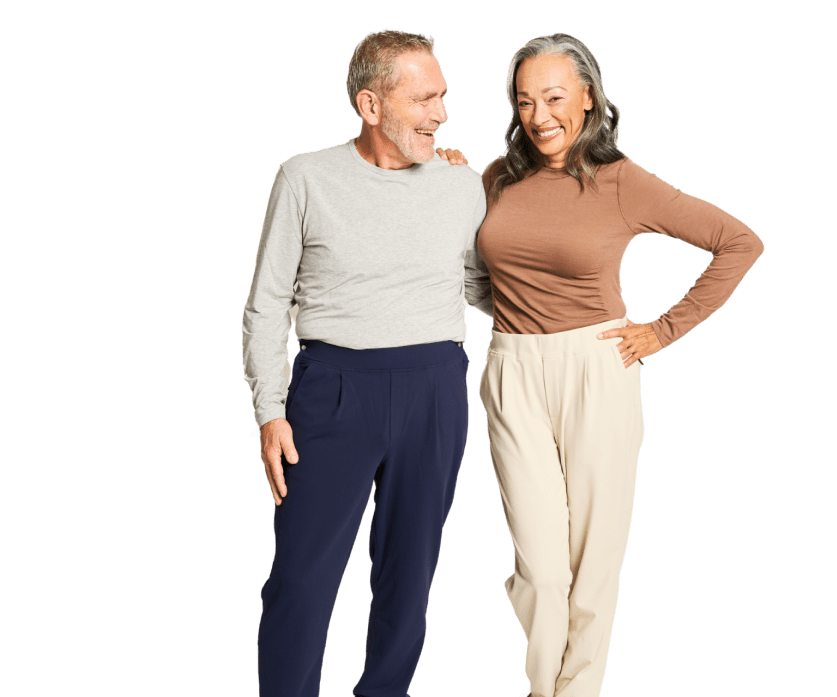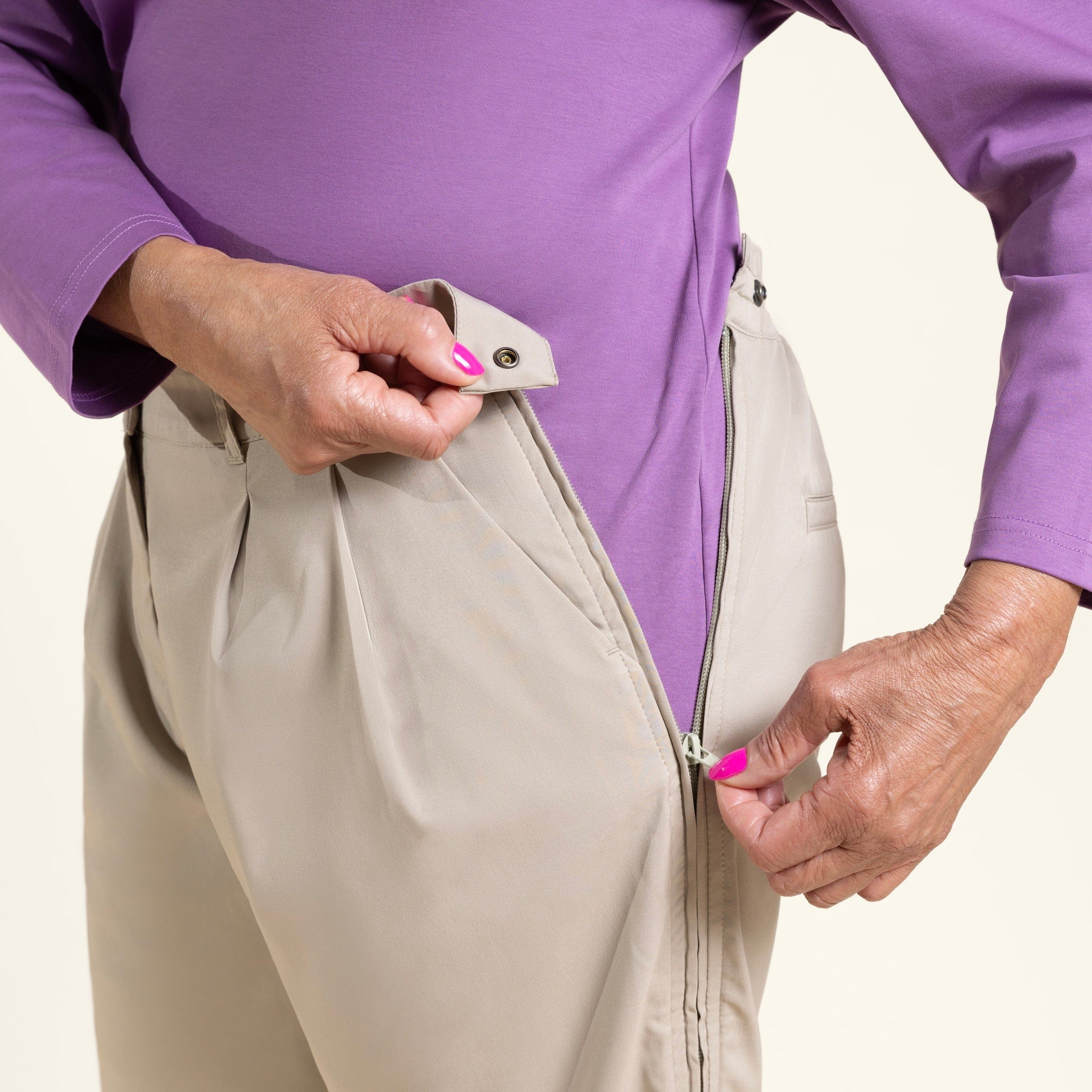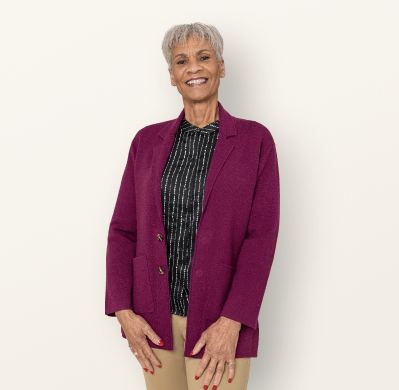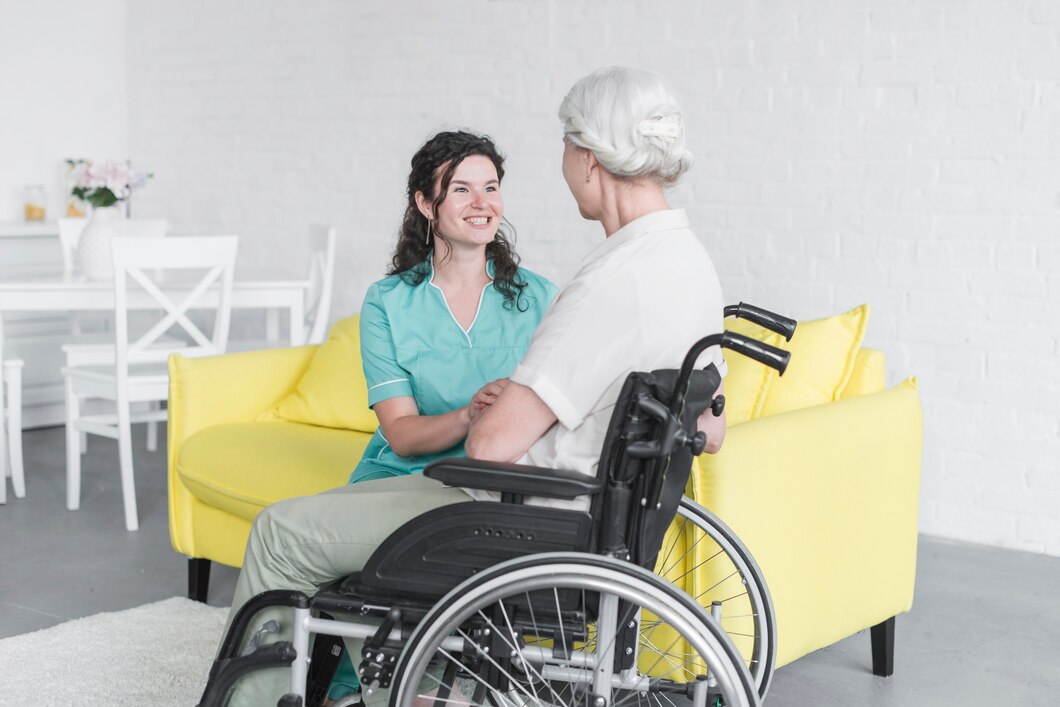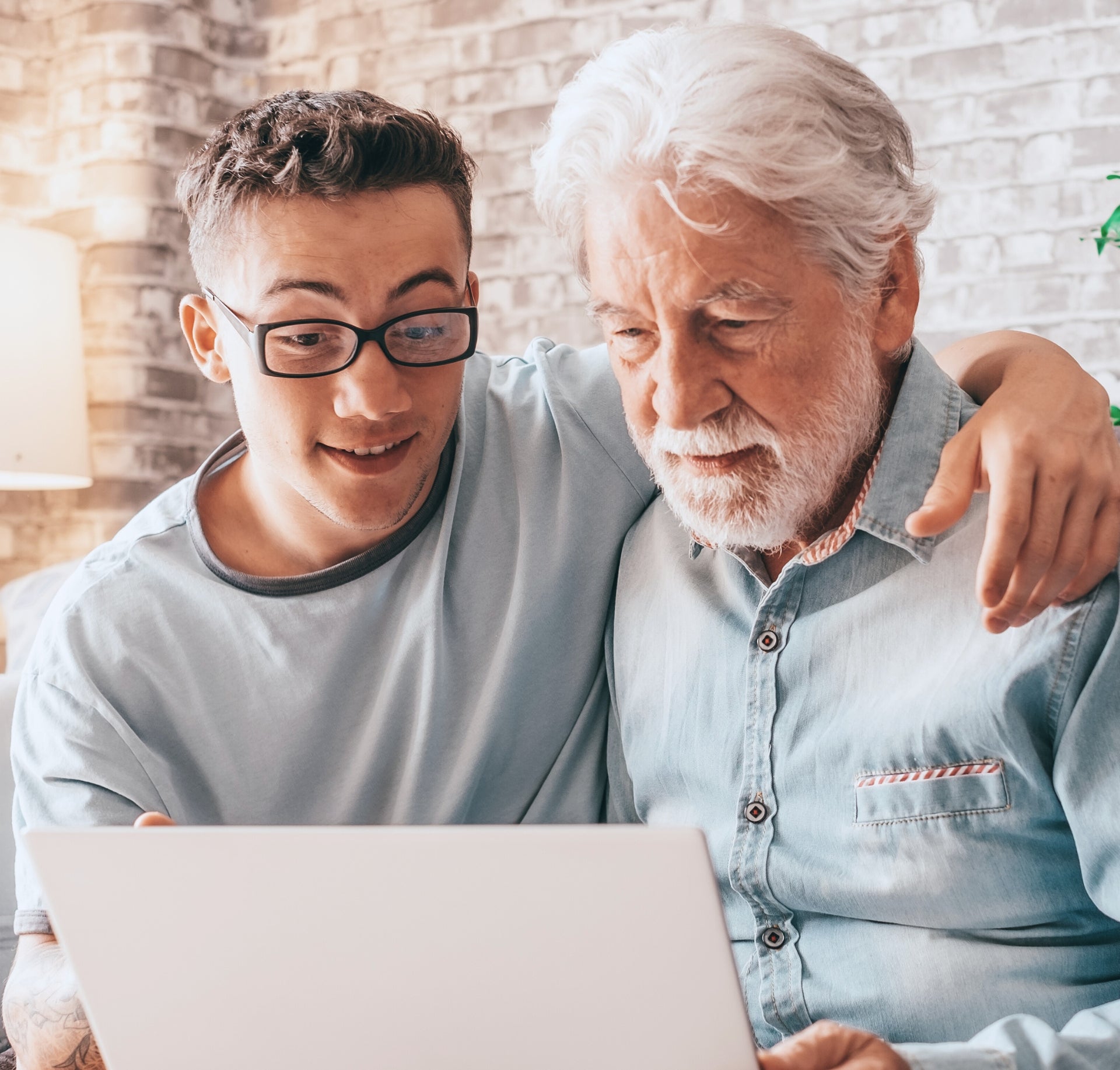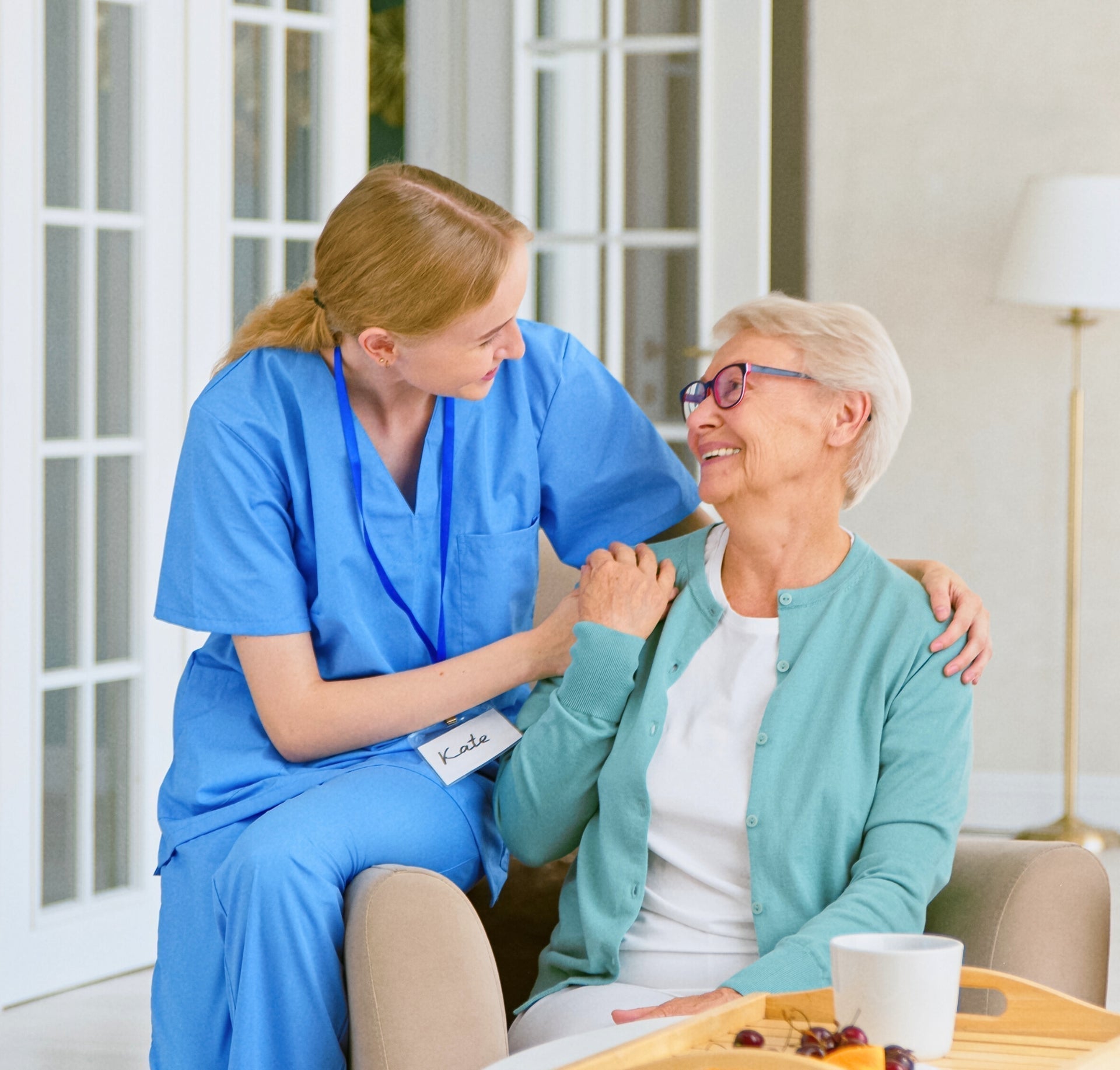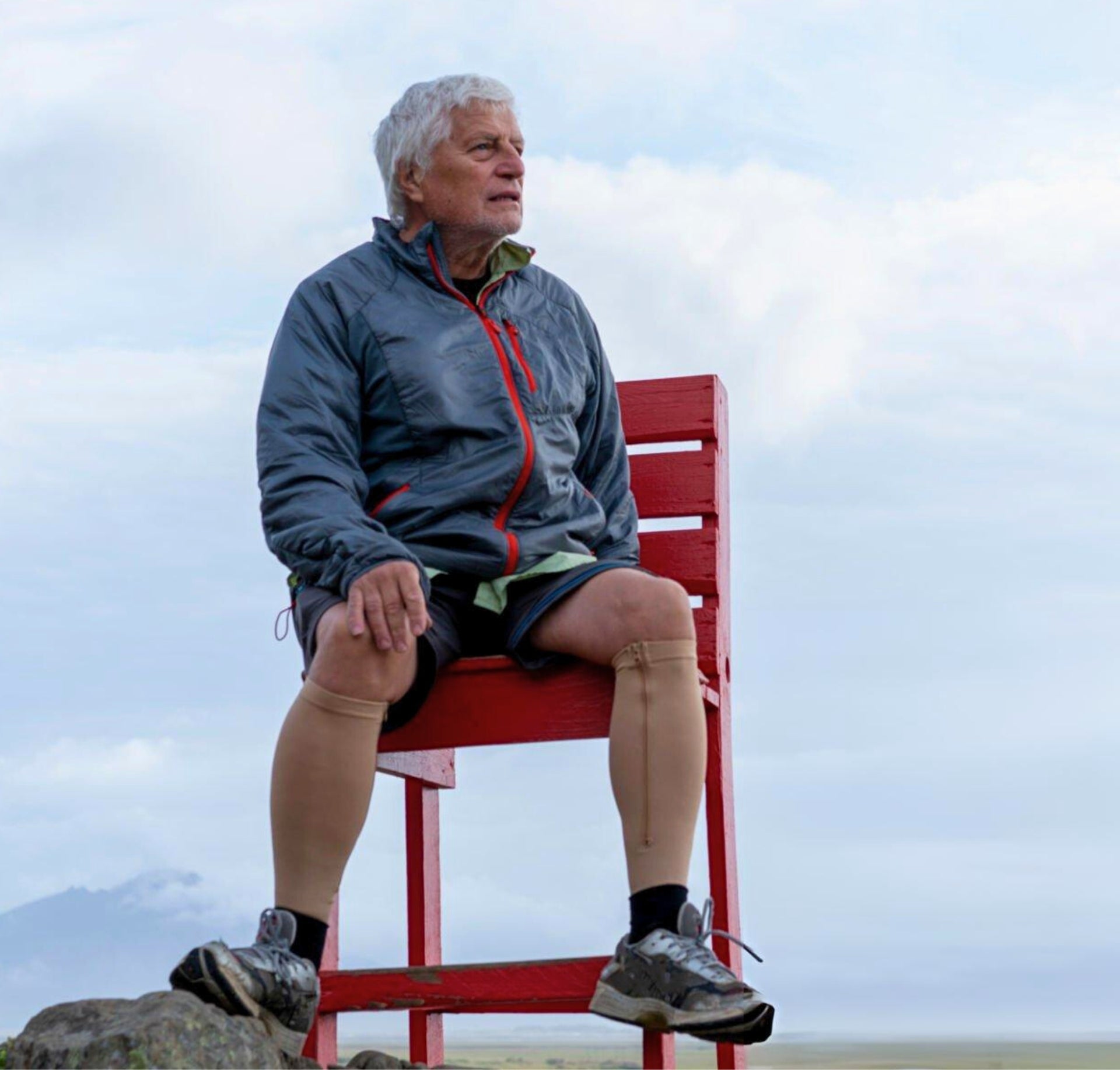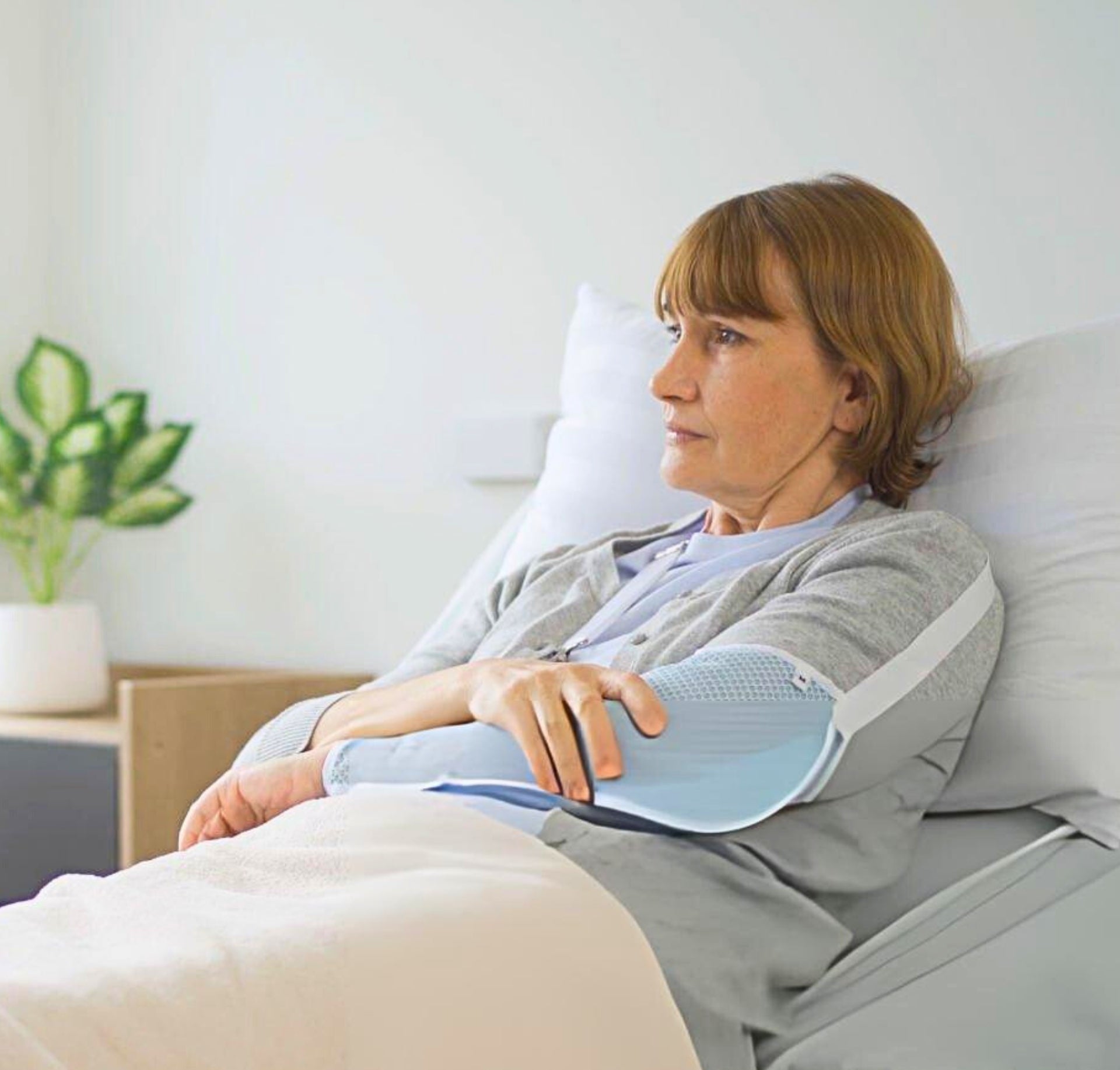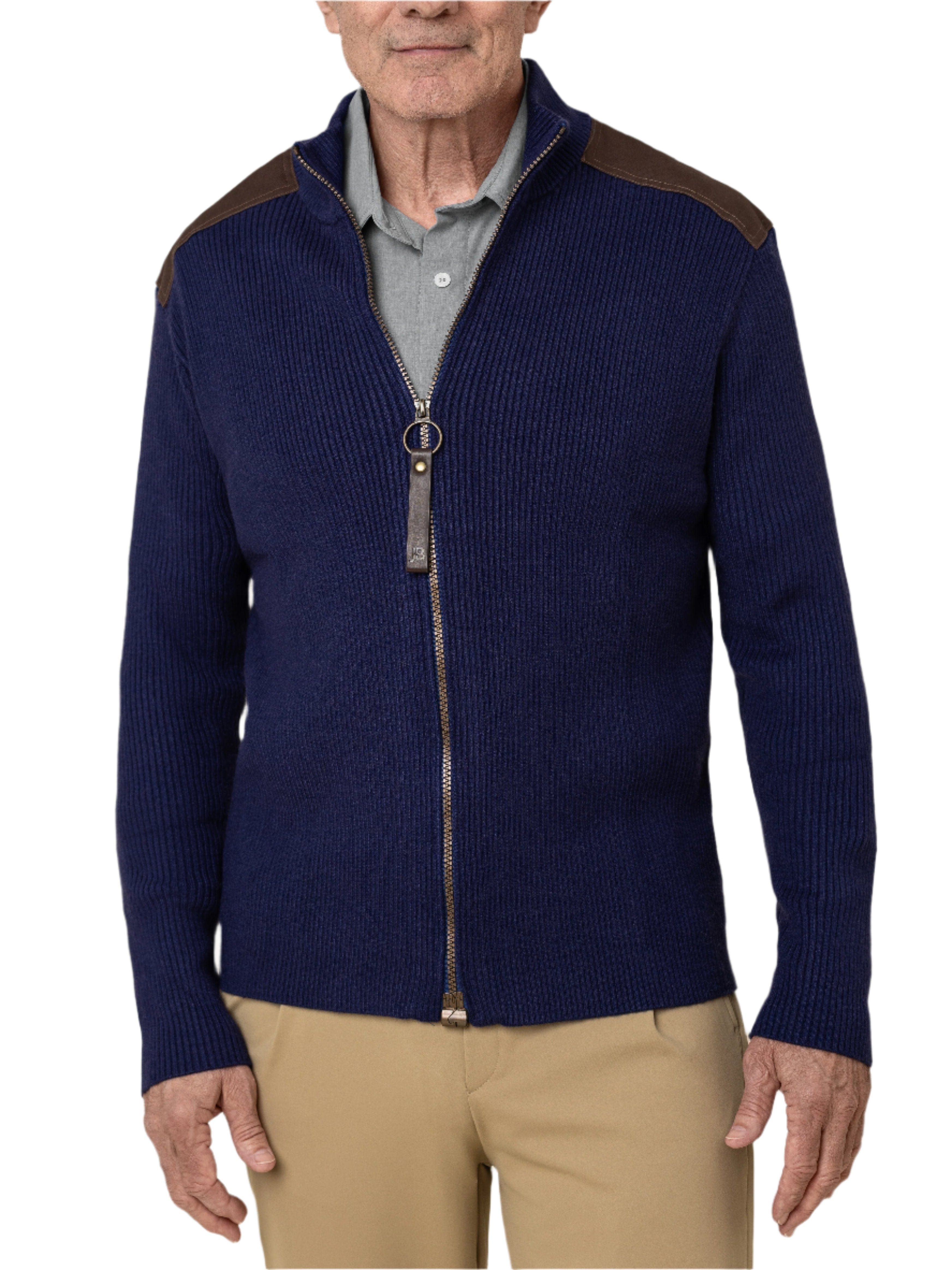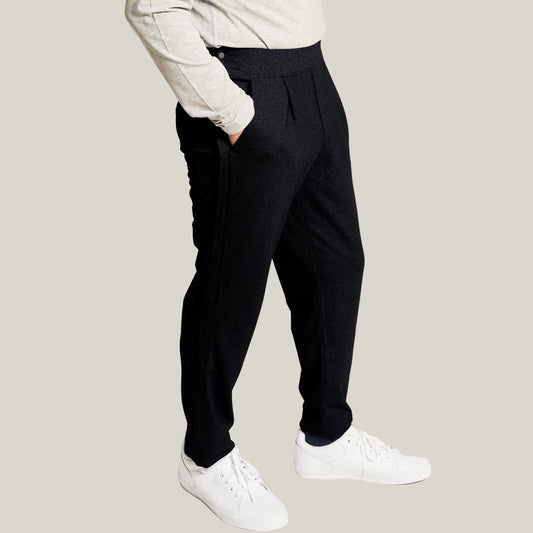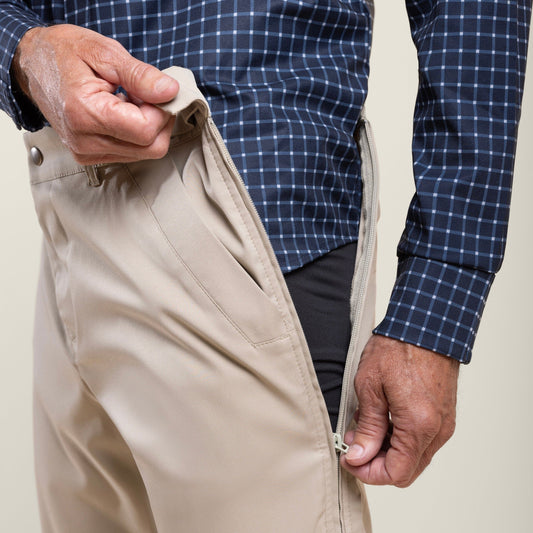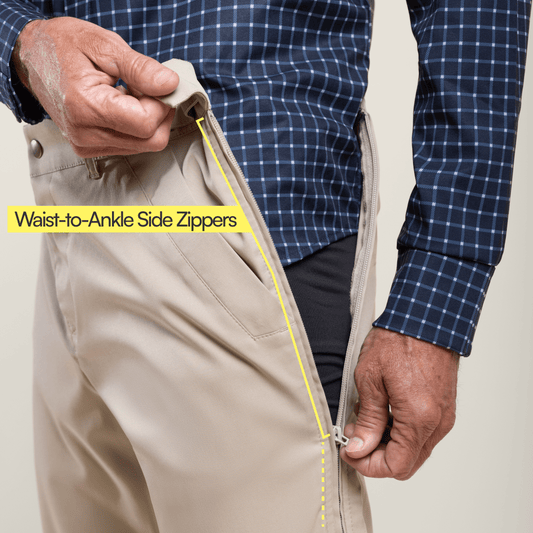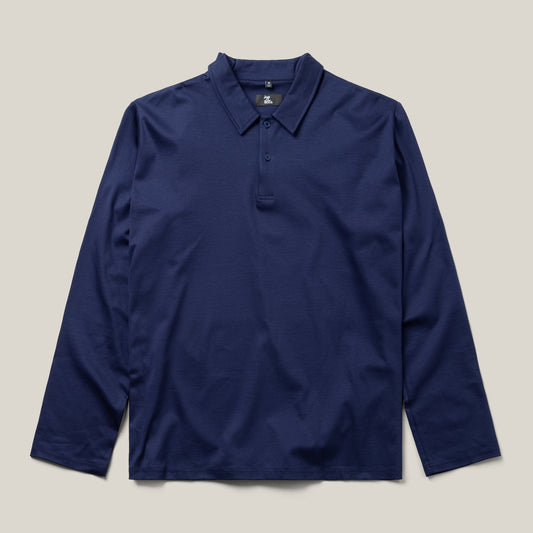Caring for the elderly in your home is not only an act of love but also a commitment to their dignity and quality of life. As our loved ones age, their needs evolve, requiring a delicate balance of support, independence, and attention to their well-being. This comprehensive guide delves deeper into each critical aspect of elderly care at home, offering insights and practical advice to ensure a safe, comfortable, and enriching environment for the seniors in your care.
Understand Their Needs
Understanding the needs of the elderly is foundational to providing effective care. This goes beyond basic physical needs to include emotional, social, and mental health considerations. Start by assessing their medical conditions, mobility issues, and any cognitive changes. Regular consultations with healthcare professionals can provide clarity and direction. Additionally, engage in open conversations with your elderly loved ones about their preferences, fears, and expectations. This holistic approach ensures that the care plan you develop is not only comprehensive but also personalized to their unique needs.
Make Home Modifications
Safety and accessibility are paramount when adapting a home for an elderly resident. Begin by conducting a thorough walk-through of the home, identifying potential hazards and areas for improvement. Simple modifications might include installing grab bars and anti-slip mats in the bathroom, ensuring there are no loose rugs or cords on the floor, and improving lighting in dimly lit areas. More significant adaptations could involve installing a ramp for wheelchair access or remodeling the bathroom to include a walk-in shower. Remember, the goal is to enable safe navigation and independence within the home. You might want to consider hiring an aging-in-place consultant who can audit the safety of your home and provide recommendations on areas to improve.
Keep a Schedule for Medicine Prescriptions
Effective medication management is critical for the health and safety of elderly individuals, particularly those with chronic conditions. Develop a system for organizing and tracking medication schedules, whether through a traditional pill organizer, a digital reminder system, or a combination of both. Consider using apps designed for medication management, which can provide reminders for both the caregiver and the elderly individual. Regularly review the medication list with a healthcare professional to ensure it remains up-to-date and to discuss any side effects or interactions.
Plan Healthy Meals
Nutrition plays a crucial role in the health and well-being of elderly individuals. Plan meals that are not only nutritious but also cater to their dietary restrictions and personal tastes. Incorporate a variety of fruits, vegetables, lean proteins, and whole grains to ensure a balanced diet. If chewing or swallowing is an issue, explore soft food diets or consider consulting with a nutritionist for specialized meal plans. Remember, mealtime is also an opportunity for social interaction, which is vital for their mental health.
Schedule Workout Times
Regular physical activity is essential for maintaining strength, flexibility, and mental well-being. Based on their ability and doctor’s advice, incorporate gentle exercises into their daily routine. This could range from short walks to seated exercises or even specialized physiotherapy exercises for those with specific health conditions. Make exercise a fun and social activity by participating together or encouraging them to join group classes suitable for their age and fitness level.
Use Adaptive Clothing
Incorporating adaptive clothing into your loved one’s wardrobe is a thoughtful way to enhance their comfort and maintain their dignity. Adaptive clothing is specially designed with features like Velcro closures, magnetic buttons, and open-back designs, making it easier for individuals with mobility challenges, arthritis, or other physical conditions to dress independently or with minimal assistance.
Adaptive clothing not only simplifies the dressing process but also addresses various needs that come with aging, which is extremely important for those who are aging in place at home. For instance, garments with side openings or adjustable waistbands accommodate changes in body size, while magnetic closures eliminate the frustration associated with small, difficult-to-manage buttons. Furthermore, adaptive footwear with non-slip soles and easy-close mechanisms can prevent falls and ensure safety within the home environment.
Incorporating adaptive clothing into the daily routine of elderly care provides several benefits:
- Promotes Independence: Allowing elderly individuals to dress themselves as much as possible fosters a sense of autonomy and self-reliance.
- Ensures Comfort and Safety: Adaptive garments are designed to reduce pressure points and are made from soft, stretchable fabrics that accommodate various medical devices and conditions, reducing the risk of skin irritation or injuries.
- Enhances Self-Esteem: Wearing well-designed, fashionable adaptive clothing can boost confidence and improve mood, making the elderly feel dignified and valued.
Hire a Caregiver
When additional support is needed, hiring a caregiver can provide relief and ensure comprehensive care for your elderly loved one. Look for candidates with experience in elderly care, especially if dealing with specific conditions such as dementia. It’s important to involve your loved one in the selection process to ensure a good match. A caregiver can offer not just assistance with daily activities but also companionship, which is invaluable.
Participate in Hobbies
Encouraging participation in hobbies and interests can significantly enhance the quality of life for the elderly. Whether it's reigniting a past hobby or discovering a new interest, these activities provide a sense of purpose and joy. From art and music to gardening and reading, hobbies stimulate mental activity and promote emotional well-being. Offer support by providing the necessary materials, organizing hobby-related outings, or simply showing interest in their projects.
Learn their Body Language
As some elderly individuals may struggle to communicate their needs and discomforts verbally, understanding non-verbal cues becomes crucial. Pay attention to facial expressions, gestures, and changes in behavior, as these can be indicators of pain, discomfort, or emotional distress. Responding promptly and sensitively to these cues can prevent issues from escalating and ensure that your loved one feels understood and cared for.
Provide them with Choices
Maintaining a sense of autonomy is vital for the elderly. Offer choices whenever possible, from daily activities to meal options. This empowers them to maintain control over their lives, fostering self-esteem and satisfaction. Even small decisions can make a significant difference in their sense of independence and dignity.
Conclusion
Caring for the elderly in your home is a multifaceted responsibility that requires patience, understanding, and a proactive approach. By addressing their physical, emotional, and social needs, making necessary home modifications, and ensuring their safety and independence, you can create a supportive and loving environment. Remember, the goal is not just to provide care but to enrich their lives with respect, dignity, and joy.






